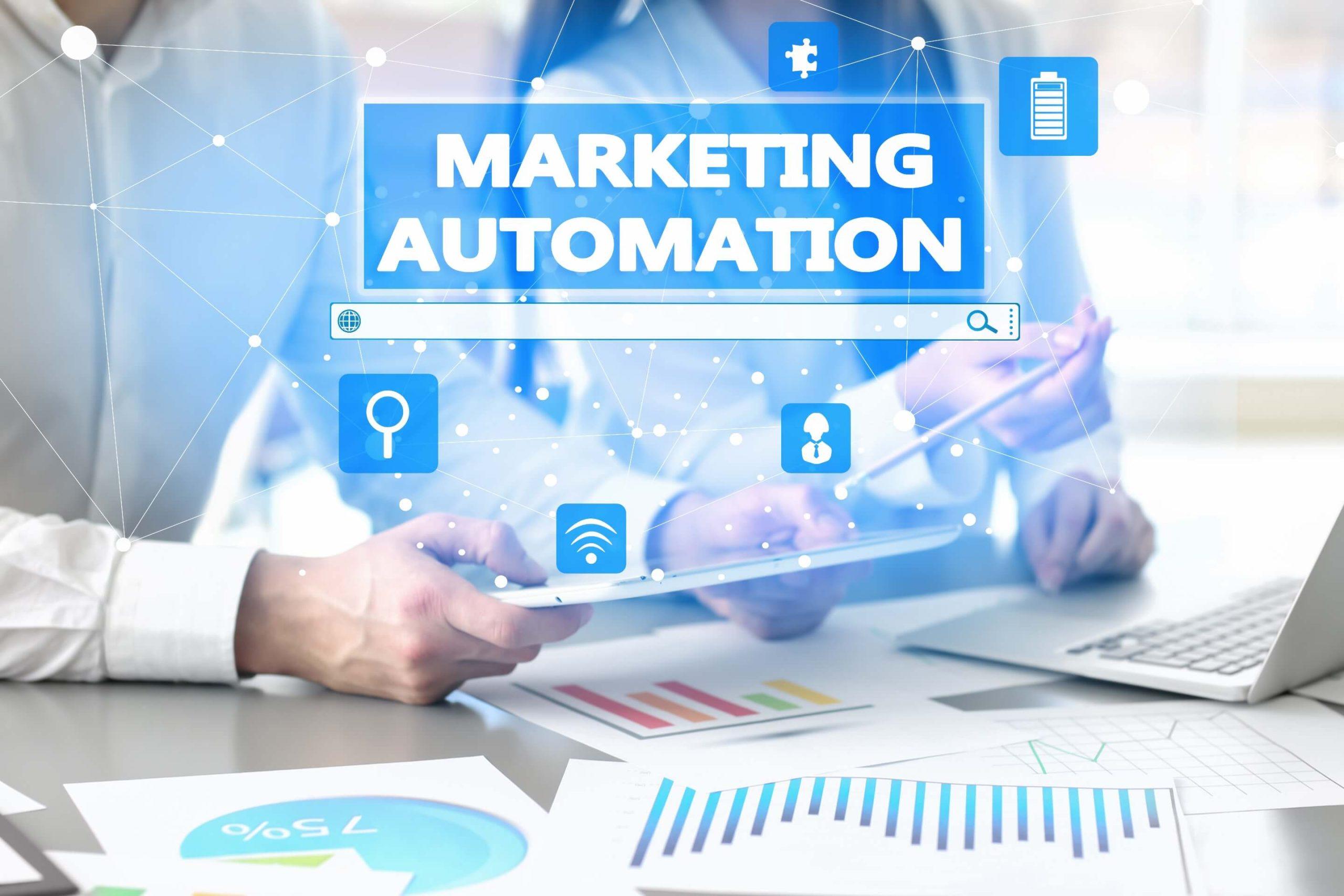The keys to success in today’s corporate environment are innovation, efficiency, and data-driven decision-making. However, navigating the always-expanding data mountain and taking on challenging problems can be intimidating and resource-intensive, much like climbing Mount Everest.
Artificial intelligence (AI) is a potent tool that has the potential to revolutionize the way organizations run. Artificial intelligence solutions have transcended science fiction. They are quickly moving from theoretical ideas to real-world implementations, giving organizations another powerful tool in their toolbox.
This article examines how artificial intelligence (AI) can assist you in overcoming your most difficult business obstacles, from optimizing processes to revealing untapped data insights.
AI Tools and Methods
An extensive range of tools and methods are included in the term “AI.” We’ll go into some important AI solutions that have the potential to completely transform your company here:
- ML, or machine learning
Through learning from data, machine learning algorithms can recognize patterns, anticipate outcomes, and gradually enhance their performance.
Imagine a marketing department utilizing machine learning (ML) to laser-focus customer experiences, or a sales team using it to anticipate customer attrition and engage at-risk customers. - Natural Language Processing, or NLP
Machines are now able to comprehend and process human language thanks to natural language processing, or NLP. Imagine artificial intelligence (AI)-driven sentiment analysis tools that analyze social media interactions to determine consumer satisfaction or natural language processing (NLP)-driven chatbots that offer round-the-clock customer service. - Vision in computers
Computer vision technologies enable machines to “see” and understand their visual surroundings. Consider AI-analytic-driven technologies that can detect faults in manufacturing plants with superhuman precision through automated visual inspections, or facial recognition software that improves corporate facility security. - Robotic Process Automation, or RPA
Automating repetitive, rule-based operations allows human workers to focus on more strategic responsibilities. This technology is known as robotic process automation or RPA. Suppose that your staff might concentrate on higher-value duties by automating data input or expediting the processing of invoices.
AI Solution for Particular Business Issues
Let’s now examine how AI and analytics can address some of your most pressing business issues in several departments:
1. Enhancing Human Experience
It’s critical to realize that artificial intelligence (AI) is not a substitute for human labor. The automation of jobs and management of enormous datasets are strengths of AI solutions; nonetheless, human judgment, creativity, and strategic thinking continue to be indispensable. Collaboration is where AI will lead to even greater outcomes in the future, enabling human knowledge.
- AI-powered data-driven insights and recommendations can enhance human leaders’ decision-making by enabling them to make better-informed choices. Think about getting sales projections driven by AI that can improve your marketing efforts and sales strategy.
- AI automation frees up staff to concentrate on higher-value jobs that call for creativity, emotional intelligence, and strategic thinking. Instead of mechanically distributing thousands of emails, picture your marketing staff working on creative campaigns.
- A better customer experience is achieved by using AI chatbots to address repetitive inquiries. This frees up human agents to offer individualized customer care and cultivate connections with clients.
2. Marketing and Advertisement
The marketing and sales sector is highly competitive. You can obtain a strategic advantage with AI:
- Segmenting and Scoring Leads
To find high-potential prospects, AI examines client information and past interactions. By concentrating their efforts on the most promising prospects, your sales staff can increase conversion rates. - Customized Marketing Campaigns
AI is capable of analyzing consumer behavior and preferences to create customized marketing campaigns and messages that have the greatest possible impact. Customers respond more favorably to this tailored strategy, which also increases return on investment. - Virtual assistants and chatbots
AI-driven chatbots can provide round-the-clock customer service, respond to simple questions, and set up appointments. This gives your sales team more time to close deals and build rapport with customers.
3. HR: Talent Management and Recruitment Streamlining
Any firm must locate and retain exceptional personnel. HR procedures can be revolutionized by AI:
- Resume screening and matchmaking:
AI can screen resumes and match suitable people to available positions based on keywords, experience, and skills. This process is known as resume screening and candidate matching. This expedites the hiring procedure and frees up significant time for HR departments. - Performance Management and Development
AI is capable of analyzing employee performance information to pinpoint areas in need of development. This enables you to offer focused chances for training and development, resulting in a staff that is more engaged and productive. - Predictive retention of staff members
Predictive employee retention, which uses AI to analyze employee data, can identify employers who are at risk of losing their best employees. You may use this to increase employee happiness and put proactive retention tactics into place.
4. Reactive to Predictive Infrastructure Services
IT infrastructure management can be a difficult and time-consuming undertaking. AI solutions present a ground-breaking method:
- Maintaining Predictiveness
AI can examine sensor data and system records to identify possible problems before they arise, saving time and money by preventing infrastructure breakdowns. This preemptive strategy reduces maintenance expenses and downtime. - Optimization of Resources
AI makes sure you have the right resources accessible where and when you need them by analyzing resource usage patterns and optimizing resource allocation. This lowers infrastructure costs and boosts overall productivity. - Patch Management That is Automatic
Artificial intelligence can automatically install patches throughout your infrastructure, guaranteeing that your systems are always secure and up to date. By doing this, you can guarantee that security patches are applied consistently throughout your IT system and remove the possibility of human error.
Final Thoughts
A new era of operational efficiency, data-driven decision-making, and improved customer experiences may be unlocked by organizations by embracing AI solutions and working with knowledgeable infrastructure service providers.
The goals of artificial intelligence (AI) are not limited to technology; they also include people empowerment, resource optimization, and gaining a long-term competitive edge in the fast-paced commercial world of today. Start using AI today, and you’ll see how your company grows in the exciting future of clever solutions.






